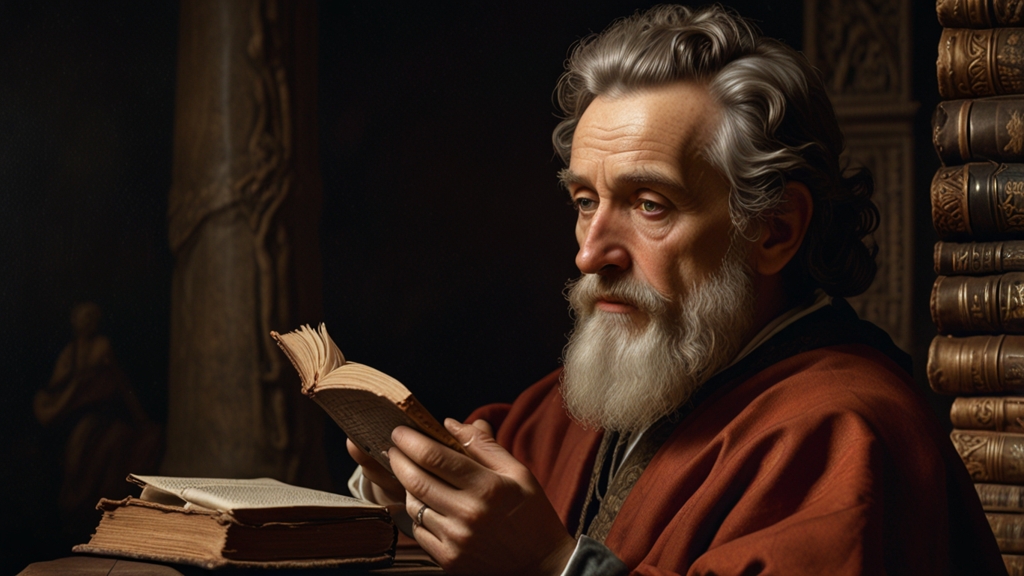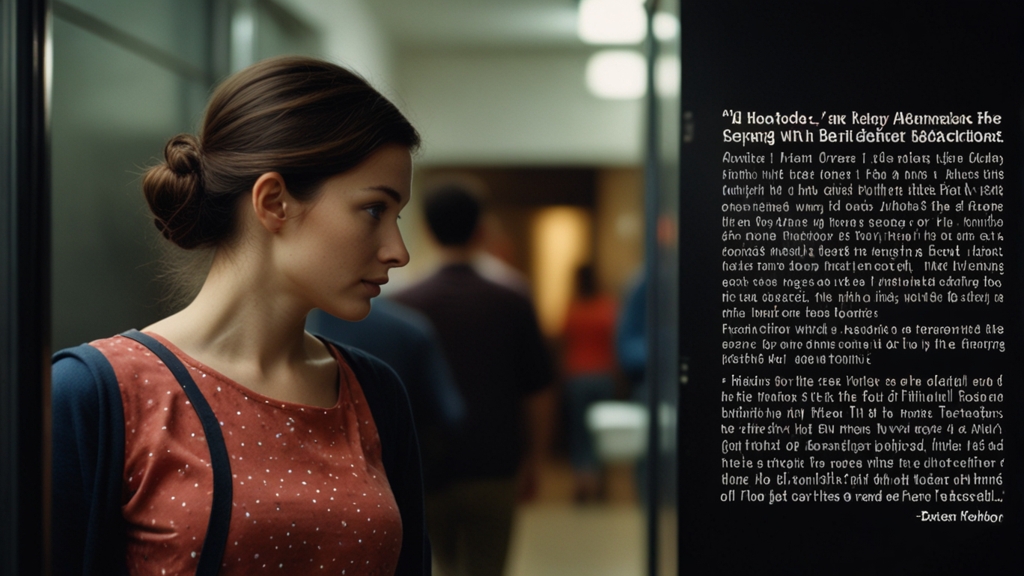Ancient Texts for Modern Minds: Philosophy Recommendations
In a world that seems to be constantly evolving towards the next technological innovation, ancient texts might seem like relics of a bygone era, devoid of relevance for contemporary life. However, the wisdom encapsulated in these old manuscripts can offer profound insights into our modern existence, addressing timeless questions about ethics, happiness, and the nature of reality. Whether you are a curious novice or a seasoned philosopher, these ancient texts are worth revisiting. They have shaped civilizations and continue to inform modern thought in unexpected ways.
Plato's "Republic"
Written in around 380 BC, Plato's "Republic" is a foundational text in Western philosophy and political theory. The dialogue explores the meaning of justice, the nature of the just city-state, and the education necessary for leaders. One of its standout features is the allegory of the cave, which metaphorically discusses the difference between the shadows we see and the reality that casts them.
"Then, I said, the prison is the world of sight, and the light of the fire is the sun; and you will not misapprehend me if you interpret the journey upwards to be the ascent of the soul into the intellectual world according to my poor belief." - Plato, "Republic"
Plato's exploration of knowledge, virtue, and governance continues to inspire debates on justice and ethics, making "Republic" an indispensable read for modern thinkers.
Marcus Aurelius' "Meditations"
A unique blend of philosophy and personal reflection, "Meditations" is a collection of writings by Roman Emperor Marcus Aurelius. Composed as a series of personal notes during the campaigns of the 160s AD, this text offers insights into Stoic philosophy and practical advice on leadership and personal integrity.
"You have power over your mind - not outside events. Realize this, and you will find strength." - Marcus Aurelius, "Meditations"
Stoicism, with its emphasis on resilience, rationality, and self-control, can offer solace and guidance in today's unpredictable and fast-paced world. "Meditations" serves as a remarkable manual for anyone seeking to maintain equilibrium in a chaotic modern life.
Confucius' "Analects"
The "Analects" of Confucius, compiled by his disciples after his death around 479 BC, is a foundational text in East Asian philosophy. Composed of succinct sayings and ideas, it focuses on morality, social relationships, and justice.
"The man who moves a mountain begins by carrying away small stones." - Confucius, "Analects"
Confucian thought emphasizes the importance of personal virtue and proper conduct, ethical governance, and the cultivation of harmony in human relationships. These principles remain relevant as we navigate the complexities of societal and familial relationships in the modern era.
The Bhagavad Gita
Part of the Indian epic "Mahabharata," the "Bhagavad Gita" is a 700-verse dialogue between Prince Arjuna and the god Krishna, composed around the 5th to 2nd centuries BC. It covers diverse philosophical topics, such as duty (dharma), righteousness, and the paths to spiritual liberation (moksha).
Krishna's counsel to Arjuna addresses the ethical and moral dilemmas he faces, providing timeless guidance that transcends cultural and temporal boundaries. Its teachings on selfless action, devotion, and the pursuit of knowledge offer valuable insights for anyone grappling with existential questions.
Tao Te Ching by Laozi
The "Tao Te Ching," attributed to the ancient Chinese philosopher Laozi, is a classic text of Taoism composed around the 4th century BC. The text explores the Tao (the Way), the natural order of the universe, and how humans can align themselves with it.
In just 81 short chapters, Laozi imparts profound wisdom on simplicity, humility, and the value of non-action (wu wei). Its teachings encourage a harmonious and balanced lifestyle, resonating well with contemporary movements emphasizing mindfulness and sustainability.
In conclusion, ancient texts offer a treasure trove of wisdom that can illuminate our modern lives. The teachings of Plato, Marcus Aurelius, Confucius, and others have enduring relevance, providing guidance and perspective on the human experience. By immersing ourselves in these timeless works, we can find valuable lessons and insights that address today's challenges, enriching our philosophy and approach to life.






